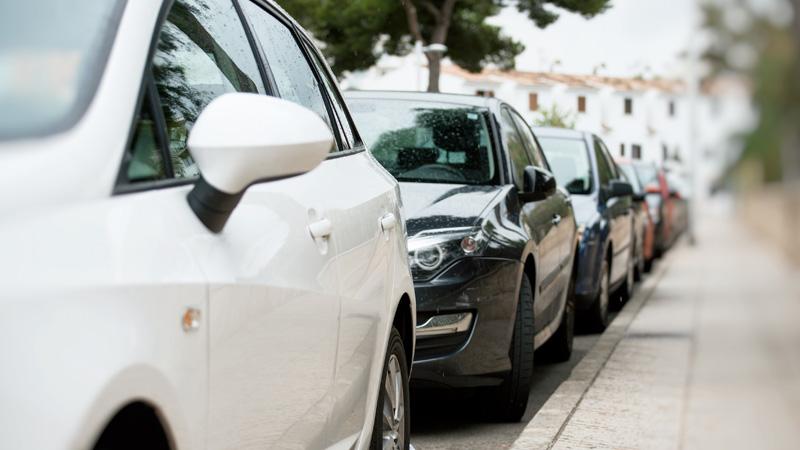The new study revealed that if all able-bodied people gave up privately-owned cars in London, New York and Paris, it would free up enough green space the size of three Richmond Parks in London, three Bois de Vincennes in Paris and four Central Parks in New York.

The new report by the Active Travel Academy at the University of Westminster, commissioned by the climate charity Possible, presents a scenario where all disabled people either retain their private cars or gain ownership of one, compared to the current situation where a minority of disabled people live in households with their own car.
By contrast, in place of individual vehicle ownership, able-bodied people would walk, cycle and use public transport – or make use of a large shared care fleet or taxi services where necessary. They found that the number of cars on the road in all three cities would fall by 52% in total, with a 58% reduction in Paris, 53% in London and 42% in New York – freeing up 10% more city space for public use.
In London, this would free up an area roughly the size of Richmond Park, Hampstead Heath and Wimbledon Common combined – the same area as the London Borough of Islington. In New York, an area around the size of four Central Parks, or eight Prospect Parks, would be freed; while in Paris, an area three times the size of the Bois de Vincennes could be freed.
In practice, the researchers suggest that rather than creating new large parks, a ‘parking to parks’ programme could target parking lots and on-street parking in areas with little or no parks to ensure more equitable access to green space.
Around half of all households in each of the cities researched currently live private car-free, rising to two-thirds in inner city areas. Despite this, the report highlights how all three cities are currently required to accommodate around two to three million cars, which are unused more than 90% of the time. The report also reveals a growing trend of people living car-free in London and Paris in particular.
In response to these findings, the researchers are calling for local authorities in each city studied to set up programmes to convert car parking spaces into green spaces, spaces for activity and for active travel.
Talking about the report, lead researcher Dr Rachel Aldred said: “In these cities half of households already live without cars, and in intramural Paris, Inner London and Manhattan, most households are car-free. Yet in each city, several million cars – used only a fraction of the time – dominate scarce public space in dense urban areas. We are calling on these global cities to lead on freeing up parking spaces, in turn creating new green spaces and transforming tarmac deserts into people-friendly neighbourhoods.”
Read the full report ‘Paris, London, NYC: people, parks and parking’ on the Possible website.


